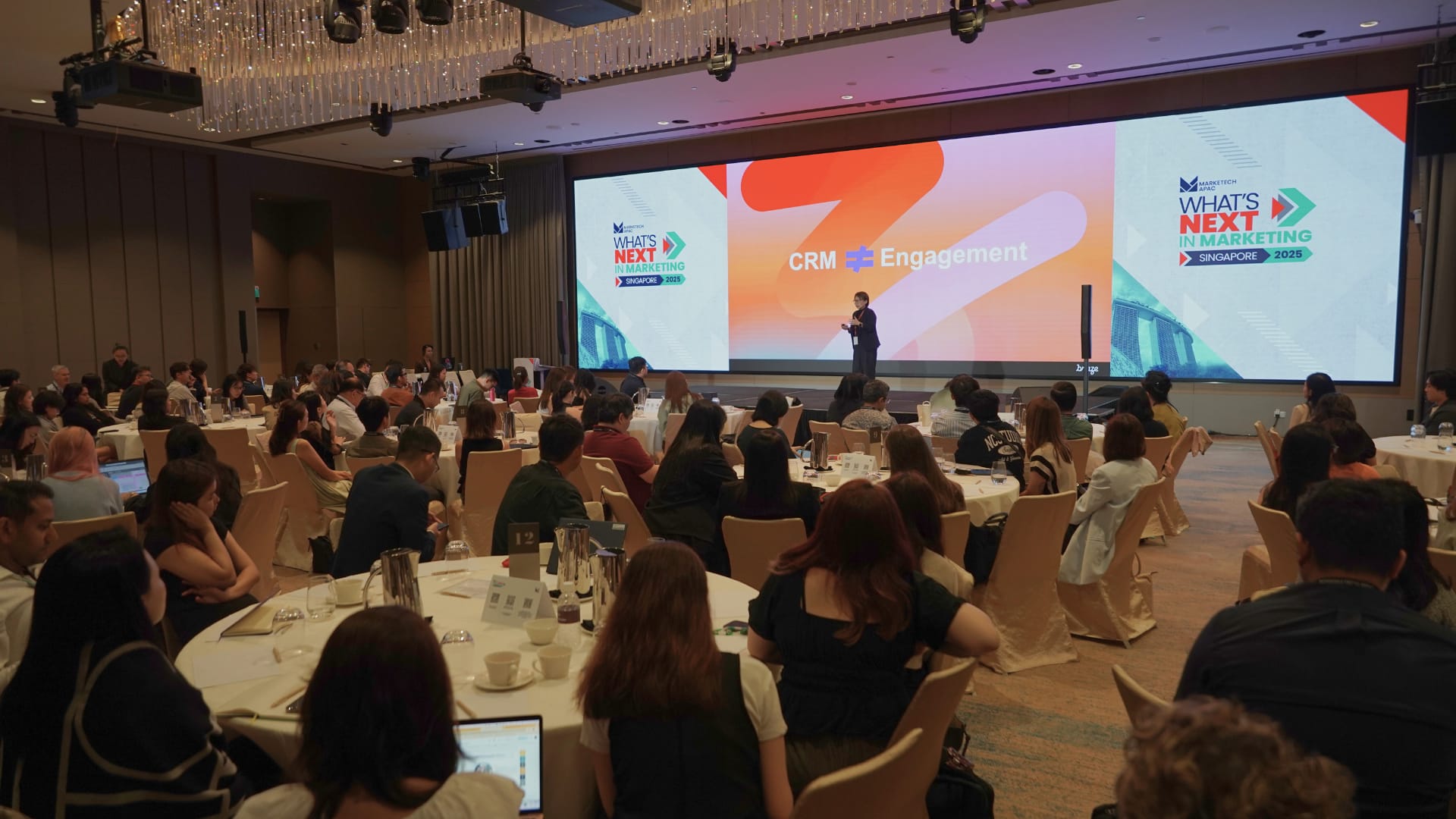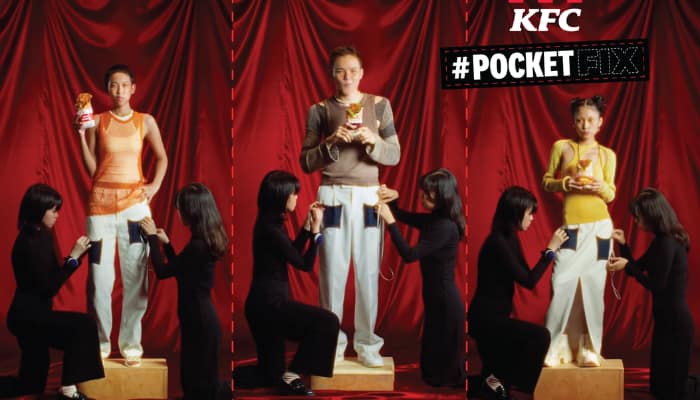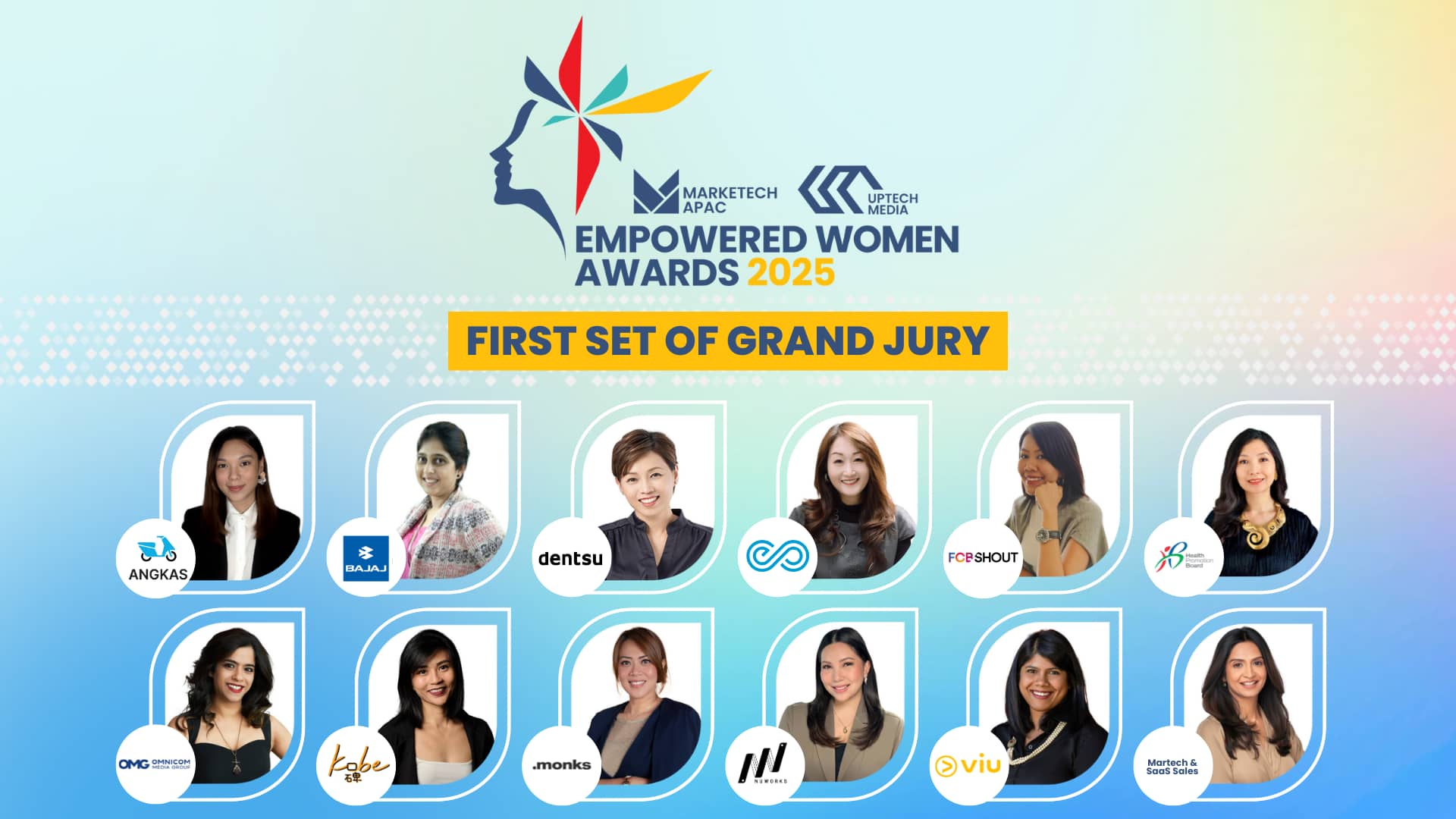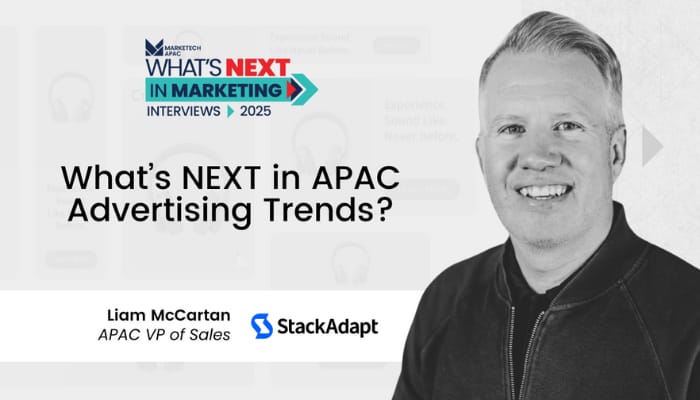This 2025, the future of marketing is being shaped by hyper-personalisation and cutting-edge customer engagement strategies that redefine brand-consumer interactions. With advancements in AI, data analytics, and automation, businesses can now tailor experiences on an unprecedented level, delivering highly relevant content, offers, and services in real-time. Consumers expect more than just personalised emails—they demand seamless, predictive, and immersive experiences across multiple touchpoints.
This vision of what lies ahead for the marketing and advertising scene this year is what the recently concluded What’s NEXT in Marketing: Singapore 2025 conference tackled. The event–part of the What’s NEXT in Marketing 2025 conference series–was held on 20 February at One Farrer Hotel, and provided brands and marketers with the latest insights, strategies, and tools to thrive in a constantly evolving industry.
Moreover, the conference offered attendees an exceptional opportunity to grow their network, refine their marketing approaches, and achieve success in the Singaporean market.
For the morning part of the conference, attendees were treated to a range of discussions–from predictive analytics and personalisation in marketing, transforming CX excellence to cultivate a customer-centric culture, as well as enhancing omnichannel platforms to strengthen brand strategy.
The speakers for the morning session included:
- Zon Lim, VP, Marketing, APAC at Braze
- Bipasha Minocha, Group Chief Marketing Officer at EtonHouse International Education Group
- Jaren Loy, Head (Digital Growth) at FairPrice Group
- Natalja Voronova, Regional Marketing Director, ASEANZ at The Goodyear Tire & Rubber Company
- Saurabh Mathur, Head, Customer Experience and Digital Marketing at Income Insurance Limited
- Jem Loh, Head of Communications & Channels, APAC at Riot Games
- Raushida Vasaiwala, Strategic Advisor | Martech & SaaS Sales
- Rahul Singh, Assistant Director, Global Marketing & Strategy at Nanyang Technological University Singapore
- Neil Patwardhan, Chief Sales Officer APAC at Sinch
- Asnawi Jufrie, Vice President & General Manager of Southeast Asia at SleekFlow
- Shawn Kok, Senior Solutions Engineer at Telesign
- Chris Baker, Founder at Totem Media
Meanwhile, the afternoon part of the conference focused on navigating the art of seamless customer journeys, AI-powered predictions amidst increased privacy concerns, driving success in performance marketing, amongst other topics. The speaker lineup for the afternoon sessions included:
- Pei Ee Chng, B2B Digital Marketing (Head) at Canon Singapore Pte Ltd
- Michelle Tenoudji, Global Business Director at Clickr
- Alyssa Ng, Marketing Communications (Head) at DHL Express Singapore
- Ke Wei Chua, Head of Marketing at Fitness First Singapore
- Deanson Lee, Head of Digital at Havas Media Network
- Brenda Maderazo, Deputy Director, Marketing at Health Promotion Board
- Sam Knight, Head of Strategy and Planning at H&M
- Sahaj Khunteta, Head of Regional Analytics and GenAI Enablement at Intel Corporation
- Caitlin Nguyen, Head of Digital and Customer Engagement at MNC Pharma Company
- Naohiro Yamaura, Chairman at Sparkline
- Julien Dahmoun, Head of Social & Digital Marketing at StarHub
- Clarisse Desgeorge, Omnichannel Director South Asia Pacific at Tiffany&Co
- Sylvia Chan, Social Media & Business Life Coach, Travel Content Creator at Travels With Syl
- Mira Bharin, Chief Marketing Officer at Trust Bank
- Joon Ming Yeo, Former Head of Marketing and Commercial Operations at Urban Company
The conference also included roundtable discussions, which allowed attendees to connect with industry peers, share valuable insights, and explore key marketing topics shaping the future of the industry including content marketing, conversational marketing, performance marketing, customer engagement, data & analytics, digital advertising, omnichannel marketing, generative AI, influencer marketing, customer insights, and digital transformation.
The moderators for the roundtable sessions included:
- Michelle Tenoudji, Global Business Director at Clickr
- Leonie Zingel, Head of Marketing Communications Industrial Solutions APAC at Continental
- Eric Sim, Managing Director at Epic Dialogue
- Deanson Lee, Head of Digital at Havas Media Network
- Fatima Baduria, Regional Journalist at MARKETECH APAC
- Jean Cabico, Senior Regional Producer at MARKETECH APAC
- Jemo Espartinez, Regional Producer at MARKETECH APAC
- Katherine Sy, Regional Head of Content at MARKETECH APAC
- Raushida Vasaiwala, Strategic Advisor | Martech & SaaS Sales
- Quinn Pham, Director – Solutions Consulting at Meiro
- Jonathan Lok, Digital Marketing Lead at Singapore Polytechnic
- Jeremy Kwan, Senior Enterprise Account Executive at SleekFlow
- Karl Baldry, Enterprise Account Director at Telesign
- Sylvia Chan, Social Media & Business Life Coach, Travel Content Creator at Travels With Syl
MARKETECH APAC’s What’s NEXT in Marketing: Singapore 2025 was made possible by sponsors Braze, Sparkline, Telesign, and Clickr; as well as event partners Digital Ark Creatives, GrabAds, Meiro, PR Newswire, and Sinch.
The conference was attended by 170 delegates representing brands from AirAsia, A*STAR, BBC Studios, Charles & Keith, Danone, Coda, Gardens by the Bay, Government Technology Agency (GovTech), Henkel, IMDA, JustCo Global, Lalamove, Mastercard, MyRepublic, OCBC, Raffles Hotel, Randstad Enterprise, Resorts World Sentosa, Samsung Electronics SEAO, Singtel, TADA Mobility Singapore, The Coca-Cola Company, The Walt Disney Company Southeast Asia Pte. Ltd., UOB, amongst others.
Joven Barceñas, founder and CEO at MARKETECH APAC, said, “Encouraging thought-provoking discussions has never been more essential, particularly in a time of unprecedented transformation and emerging opportunities. Your perspectives and contributions are invaluable as we collaborate to push boundaries, drive meaningful innovation, and create lasting change across the region and beyond.”
The conference is part of a five-part conference series, with the subsequent conferences listed as follows:
- What’s NEXT in Marketing: Philippines 2025 – 26-27 March, 2025 (Shangri-La The Fort, Manila)
- What’s NEXT in Marketing: Hong Kong 2025 – 24 April, 2025 (Cordis, Hong Kong)
- What’s NEXT in Marketing: Indonesia 2025 – 31 July, 2025 (Venue TBA)
- What’s NEXT in Marketing: Malaysia 2025 – October 2025 (Venue TBA)
For sponsorship opportunities, please contact Joven Barceñas at [email protected].
For speaking opportunities for these conferences, contact Katherine Sy at [email protected]; and for registrations, reach out to Hans Policarpio at [email protected].










